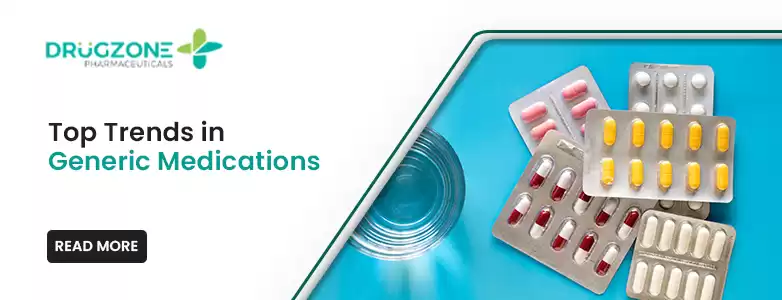
Posted On: October 25, 2024
Top Trends in Generic Medications and Their Impact on Healthcare
Generic medicines play a vital role in the pharmaceutical industry by providing affordable alternatives to branded drugs, which helps make healthcare more accessible to everyone.
A generic version of a medication can significantly lower costs for patients and healthcare systems alike.
Given the demand for affordable and accessible healthcare solutions increases globally, the generic pharmaceutical industry is responding with innovative practices and a commitment to compliance.
Top 5 Trends That Are Making a Difference in the Pharma Industry
Here’s a look at some of the top trends shaping the generic medications market and their broader implications for healthcare.
1. Stricter Regulatory Compliance
As regulations like the Drug Supply Chain Security Act (DSCSA) get tougher, generic pharmaceutical companies must change the way they operate. Today, there’s an increasing focus on ensuring that drugs are safe, effective, and produced to high standards.
This means companies need to invest in strong Quality Management Systems (QMS) that not only track compliance but also support continuous improvements.
Patients can now expect higher-quality medications, which builds trust in the healthcare system and reduces the chances of negative side effects.
2. Innovations in Research and Development
The future of generic medications relies heavily on innovation. The modern manufacturers are moving beyond simply replicating existing drugs. They are actively researching new formulations and advanced delivery methods.
Some exciting developments include -
- Extended-release tablets to enhance dosing effectiveness.
- Taste-masked formulations that make it easier for children to take their medicine.
- Dispersible tablets for easier administration across different patient groups.
- Advanced delivery systems like transdermal patches and inhalers that improve how well the medication works.
These innovations help medications work better and encourage patients to stick to their treatment plans.
3. Emphasis on Patient-Centric Solutions
Thr generic pharmaceutical industry is putting patients first. Companies are developing products that are easier to take and more effective by actively listening to patient feedback.
This patient-centric perspective ensures that the needs of those using the medications guide product development.
When patients find their medications user-friendly and effective, they’re more likely to stay on track with their treatments. This benefits individual patients while also easing the burden on healthcare systems overall.
4. Digital Transformation and Technology Adoption
Modern companies are using AI and data analytics to streamline their operations and make smarter decisions with respect to manufacturing and distribution of generic medicines.
This further aids in making sure that medications reach patients when they need them. It also helps tailor treatments to individual patient needs, thus leading to more personalized care.
5. Global Demand for Affordable Healthcare Solutions
As healthcare costs rise, more people are looking for affordable alternatives to brand-name drugs. This growing demand is creating opportunities for generic manufacturers to expand into new markets.
Increased availability of generic medications can help bridge healthcare gaps, particularly in low- and middle-income countries.
Stay On Top of Industry Trends With Drugzone
Drugzone, a well-known wholesale pharmaceutical distributors, adapting to the constantly evolving industry trends. We ensure high-quality and affordable product offerings by investing in advanced technology and maintaining strict regulatory compliance.
Our focus on building strong partnerships with the stakeholders helps foster reliable supply chains. While staying on top of market trends, we can quickly adapt to changes as they happen.
Frequently Asked Questions (FAQs)
Q.What are generic medications?
Generic medications are drugs that are created to be the same as an already marketed branded drug. They have the same dosage, safety, strength, and way of being taken (like a pill or injection). They are also made with the same quality and effectiveness as the original brand, but they usually cost less.
Q.How do generic medications impact healthcare costs?
Generic medications help lower healthcare costs because they are usually cheaper than brand-name drugs. The use of generic drugs by a number of people can reduce the overall spending on medications. This can save patients money and also help lower insurance costs. Hence, using generics helps make healthcare more affordable for everyone.
Q.Are there any risks associated with generic medications?
While generics are generally considered safe and effective, there may be variations in inactive ingredients that can affect tolerability in some patients. It would be best to get in touch a healthcare professional if you have concerns.
Tags
Latest Posts
-
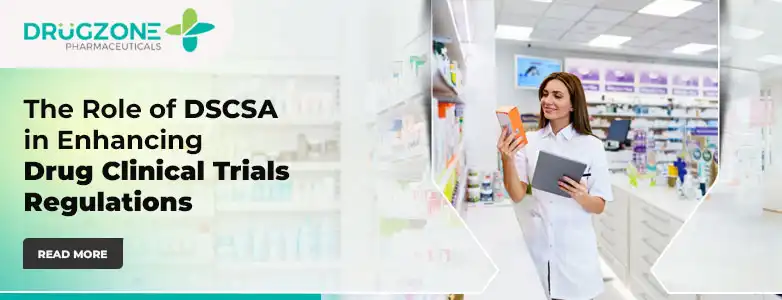
The Role of DSCSA in Enhancing Drug Clinical Trials Regulations
-

The Importance of Pharmacovigilance in Wholesale Distribution
-
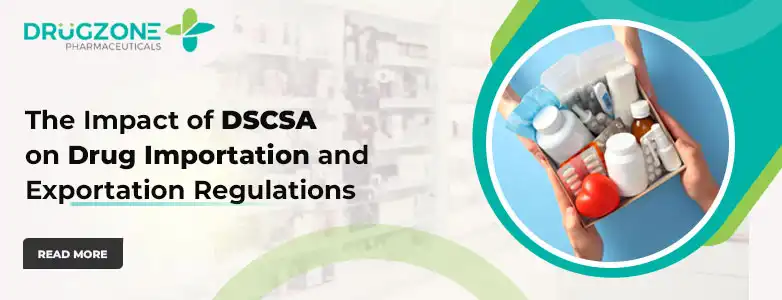
The Impact of DSCSA on Drug Importation and Exportation Regulations
-
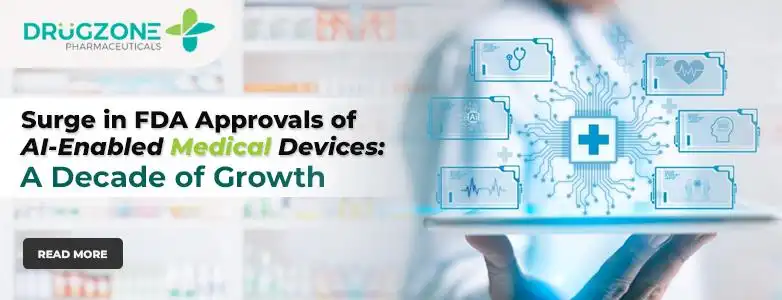
Surge in FDA Approvals of AI-Enabled Medical Devices: A Decade of Growth
-
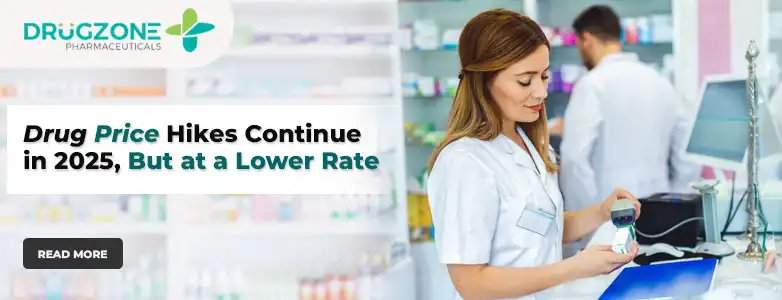
Drug Price Hikes Continue in 2025, But at a Lower Rate
Similar Posts
-

Drug Price Hikes Continue in 2025, But at a Lower Rate
-

How to Choose High-Quality CBD Products: Tips from Experts
-

Five Crucial Trends Facing U.S. Drug Wholesalers in 2025 and Beyond
-
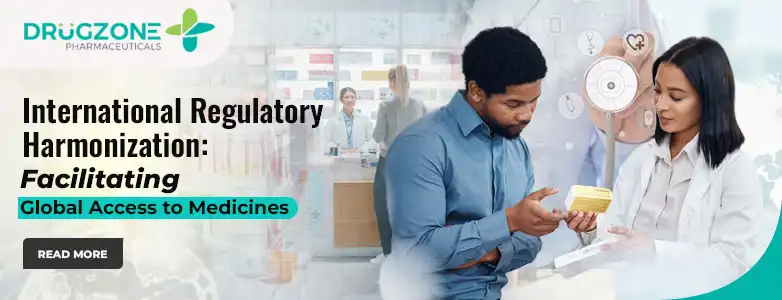
International Regulatory Harmonization: Facilitating Global Access to Medicines
-

Pharma Wholesalers in the USA vs. Direct-to-Consumer Models: Who Will Win?
